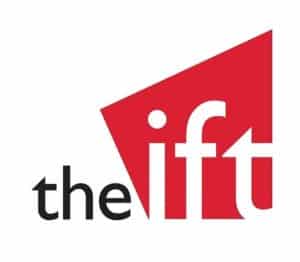Property costs are typically the second highest on a Company’s balance sheet and represents a great opportunity for cost reduction initiatives.
The UK Commercial property market has been through turbulent times recently as occupiers have been forced to close their properties and this has resulted in a reluctance by many to pay their rents.
Industrial property seems to have weathered the storm well in terms of rent payments being made to landlords. This is probably because many occupiers were able to maintain some trade/manufacturing from their premises in socially distanced small staff bubbles working shift patterns.
In contrast, retail and hospitality seem to have been the hardest hit with many either entering into insolvency or having ongoing conversations with their landlords about their rent payments. Many are seeking to negotiate moving to turnover rents where the income they generate is shared (as a percentage) with the landlord as rent.
Office occupiers have also had to close their doors and many of the large corporate occupiers (Standard Life, BT and Google) are not expecting their staff to return to the office until next year. The Chief Executive of Barclays recently stated the era of a single office buildings housing several hundred staff members in city centres may be a thing of the past!
So with so much stress what can be achieved if property costs represent a great opportunity to reduce overheads. The first has to be rent.
The Government has stepped in with the Code of Practice for Commercial Property Relationships (published in June 2020). This voluntary code asks landlords to act reasonably, swiftly, transparently and with good faith. It is a useful document that helps occupiers to understand some of the opportunities available including full or partial rent free periods, deferral of rent for a certain number of rent payment periods, monthly as opposed to quarterly rent payments and or conversion from market rents to turnover rents.
Other opportunities include the re-gearing of leases where there is maybe a break clause or lease expiry. This is particularly powerful where there are common landlords and you can negotiate across a portfolio of properties through surrendering a less profitable property location in conjunction to extending the lease to a more profitable property.
The Government has recently announced changes to the Permitted Development Rights for a wider range of properties. This was changed many years ago to permit the change of use from office to residential. It is hoped the relaxation of the rules will allow alternative and higher value uses to be created. This can help unlock value in any landlord negotiations where the tenant can assist in ‘unlocking’ the value from the freehold property in return for a lease surrender.
Property costs are typically the second highest cost on a Company’s balance sheet and one that presents some great opportunity for cost reduction.



